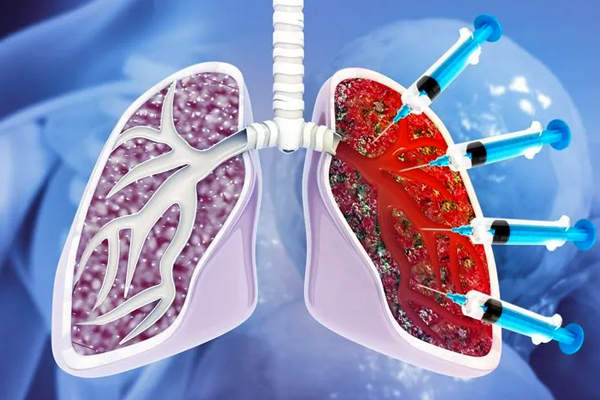
Interstitial Lung Disease
Interstitial Lung Disease (ILD) refers to a group of disorders that cause inflammation and scarring (fibrosis) of the lung tissues, making it difficult to breathe and get enough oxygen. ILD can be caused by autoimmune diseases, environmental exposures, certain medications, or may be idiopathic (unknown cause).
Our ILD Care Includes:
Thorough Diagnostic Evaluation:
Detailed history, high-resolution CT (HRCT) scans, pulmonary function tests, and blood work to identify the type and severity of ILD.
Multidisciplinary Approach:
Collaborative care involving pulmonologists, rheumatologists, and radiologists for accurate diagnosis and optimal treatment.
Personalized Treatment Plans:
Use of corticosteroids, immunosuppressive drugs, antifibrotic agents, and oxygen therapy based on disease type and progression.
Lifestyle & Supportive Care:
Guidance on pulmonary rehabilitation, breathing exercises, and managing symptoms like chronic cough and breathlessness.
Ongoing Monitoring:
Regular follow-ups to assess lung function, monitor medication response, and adjust treatment plans as needed.